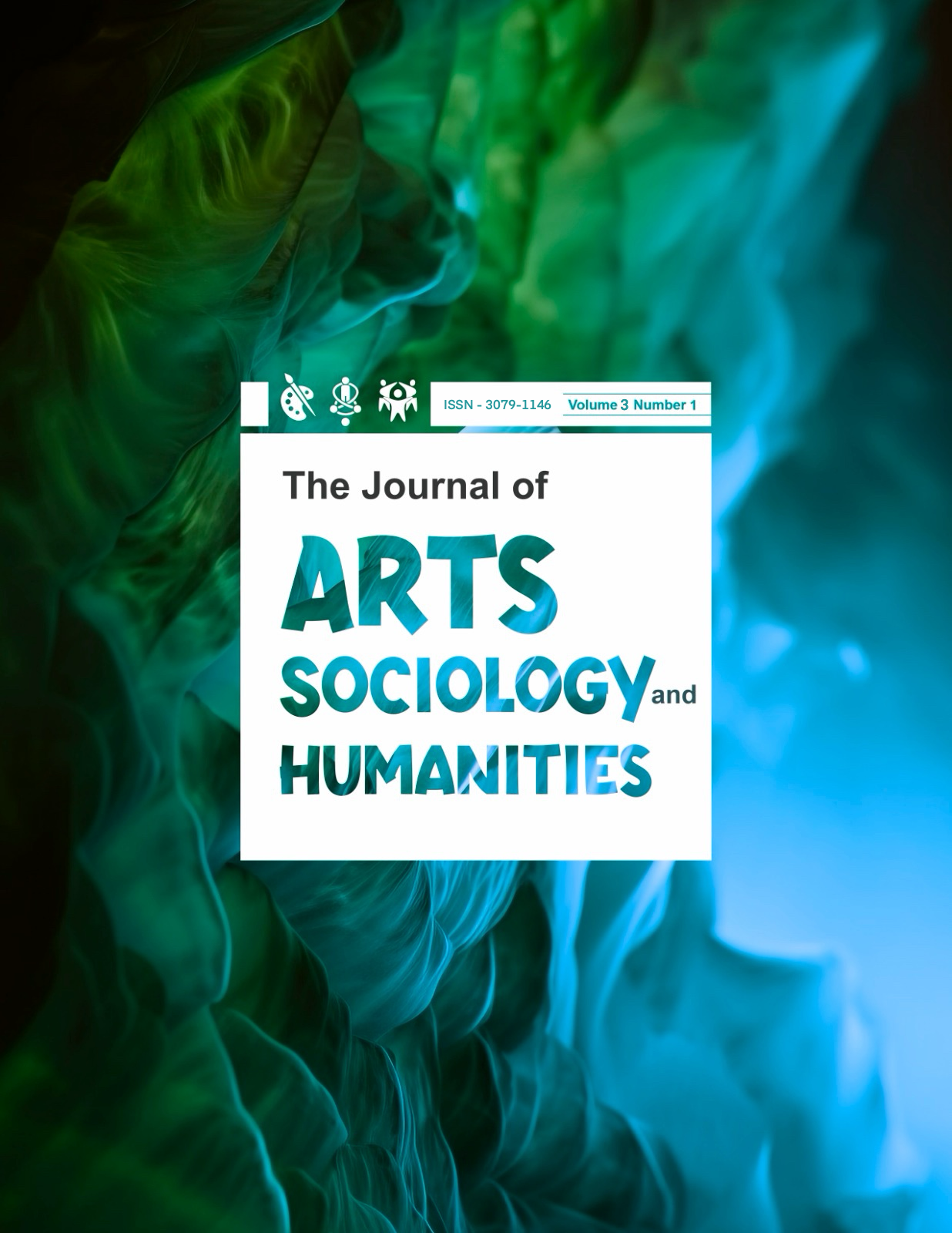Abdul Wakeel An Islamic Perspective on Environmental Stewardship: Lessons from the Quran and Sunnah
Abstract
Environmental pollution, intensified since the industrial revolution through rapid industrialization, deforestation, and unrestrained resource exploitation, poses severe threats to human, animal, and ecological health. Air, water, and soil contamination have disrupted climatic patterns, endangered biodiversity, and degraded life-support systems. A lot of effort is being made to improve the environment by reducing activities that generate pollutants, developing new technologies, and, most importantly, creating awareness to conserve natural resources. If we investigate population distribution, more than 50% of the global community believes in divine powers, one way or another. However, the inclusion of God’s (Allah’s) guidelines in mainstream scientific literature for environmental improvement is very rare. Therefore, seeking guidance from divine knowledge would be helpful not only to provide direction for new technologies but also to serve as a source of motivation for a large population worldwide. This article highlights the comprehensive environmental ethic embedded in the Qur’an and the teachings of Prophet Muhammad (peace be upon him), offering timeless guidance for ecological preservation. The Islamic approach integrates spiritual accountability, recognizing humans as trustees of creation and holding them accountable to Allah for their stewardship of the environment. By applying these principles today, individuals, institutions, and governments can address modern ecological crises, restore environmental balance, and ensure the sustainable use of Earth’s blessings for present and future generations. This prophetic environmental model offers a faith-based framework for global ecological reform.
Keywords: Environmental pollution, ecological ethics, Islamic conservation, spiritual accountability, sustainable development.
Downloads
Published
Versions
- 2026-01-14 (3)
- 2026-01-14 (2)
- 2025-11-07 (1)
Issue
Section
License
Copyright (c) 2025 Dr. Abdul Wakeel (Author)

This work is licensed under a Creative Commons Attribution 4.0 International License.






